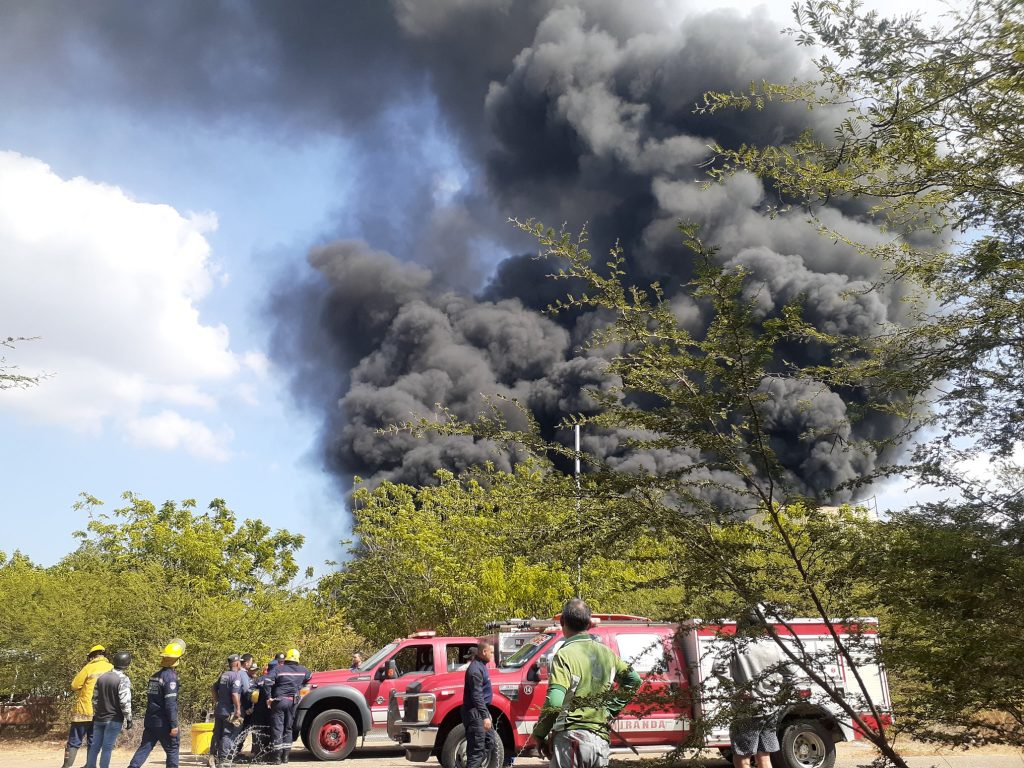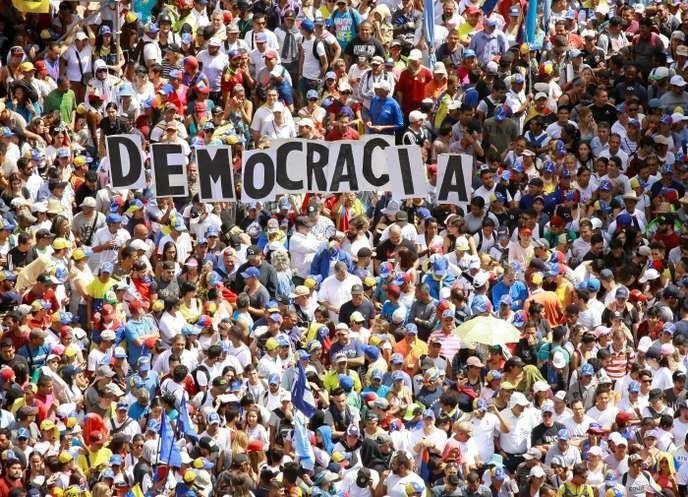United Nations High Commissioner for Human Rights, Michelle Bachelet, arrived on Wednesday 19 July to Venezuela for a 3-day visit. On Thursday afternoon, the High Commissioner, human rights organizations and multiple victim groups met. In this space of one hour, 26 spokesmen were able to make requests to the High Commissioner. 20 of these interventions are registered in this document, which represents an overview of the activists’ demands for the human dignity of the country in a context characterized by the lack of democracy, increase in poverty and forced migration.
Below is one of such interventions.
1. The dismantling of environmental institutions has generated a severe regression in the state of public services and programs of environmental management and control, to such degree that the right of access to drinking water is no longer guaranteed, in terms of quantity nor quality. Less than 82% of the population and 79% of public hospitals have a running water service. The quality of the supplied water does not comply with Venezuelan law or WHO standards. Sewage services are deficient and unequally provided. There is no control over activities that cause environmental damage.
2. The state is pushing for the development of mining activities with no control and under pretense of “eco-friendly” development. In almost every case, constitutional guarantees are not met, nor are environmental laws, or the rights of local communities. This modality of mining development causes severe environmental impact, pollution, breakout of diseases and the destruction of water basins. Furthermore, it creates social and political conditions that, as consequence, are causing massive human rights violations, such as modern slavery, sexual exploitation and displacement of peoples. Mining activity has been expanding across the states of Bolívar and Amazonas, and most recently, north of the Orinoco River, in the states of Táchira, Mérida, Carabobo and Cojedes.
3. There has been a rise in social vulnerability in the face of socio-natural and technological disasters. In the last few years, extreme meteorological events are increasingly affecting the population while the state appears uncapable of preventing, responding or protecting communities more seriously affected by these events. There’s also been a rise on accidents of a technological source, mostly associated to the oil industry. The state seems to have no effective programs to respond to these situations, nor the interest in compensating those affected. Venezuela has no national plan of response to climate change, nor any permanent programs to prevent the negative effects of such change.




